Table of Contents
This week's insight: find some small ways to feel good about writing
As the return to work looms upon me, I've already started adding things to my calendar, like the promise I made on LinkedIn this week to write and publish this newsletter every week in 2024, hopefully on Monday mornings...
Now as I sit and write this on a Sunday afternoon, I realise the challenge this promise will bring! Still, I'm determined to do it, and most importantly I want it to be fun. And what's more fun than bringing some thoughts together for the week into something cohesive and concrete I can learn from, and you may too?
If we can feel good about the work we do, it gives us energy and makes us more productive in the longer run. This is what Ali Abdaal's new book 'Feel Good Productivity' is all about.
Alongside writing this newsletter I'm trying to finish off the final touches of a review of Ali's book; it doesn't help I haven't finished reading it yet... Going through many iterations of writing various blog articles, I realise I enjoy things more when I take my time and do the best I can do. It goes against a lot of 'productivity' advice which tells us that we have diminishing returns the closer we get to something being 'finished', and that 'good' is better than 'perfect'.
Whilst I agree we will always fall short of perfection, partly because that is perceived partly in the eyes of the beholder, I have to disagree with the 'just enough' kind of thinking. This is because I would prefer one high quality object/piece of writing/trip/camera/dishwasher than many poorer ones. By focusing on 'good' rather than 'best', we miss the mark, and end up with many of the problems we see globally today. If many more people took the time to put in a little more effort and enjoy the process a little more, then the world would be a better place.
Anyway that aside, I'm considering Ali's book from two angles. First from a content angle and the context of Ali as an author, and secondly from his writing structure and style. These reviews won't be ready by the time this is published; follow me on LinkedIn and/or Twitter to be notified when I do.
Here is the tl;dr version:
- Buy/read it if you: want an inspiring book that includes ideas on how to make work enjoyable from a highly successful and relatable person. Whilst most of the ideas are collected across many studies and productivity ideas that have gone before, Ali puts plenty of his own experiences, tips and spins to make sure the idea is enjoyable and not just an abstract concept. It's a fairly quick read, is well laid out and summarised for the busy person. I think everyone will find something inspiring or to try.
- Don't buy/read it if you: are looking for some brand spanking new ideas and concepts, have watched every single episode from his YouTube channel (unless you want it all in book form) or want a book heavier/more in depth on the science side. Or also if you don't like the study-concept-suggestion format.
Take home message: Try Ali Abdaal's post-it note method for a boring task this week by asking yourself; "What would this look like if [this task] were fun?"
Interesting books, videos, apps and experiences from this week
LinkedIn this week
I always ensure to have a balanced reading diet, so to complement Ali's book, I'm attempting Finnegans Wake...

I've started posting some of my photos on LinkedIn.


Interesting research I've discovered
This week I've been reading a publication from The Journal of Happiness Studies - this might be my new favourite journal. The article (linked below) was interesting because it highlighted how a piece of writing by the author Tolstoy started a whole new field of scientific research including the 'convergence of positivity' theory. The concept of whether happy people are more alike than unhappy people has many interesting parallels which I would like to explore in a future blog or newsletter.
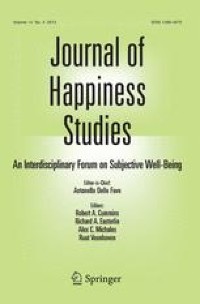
Until next time!
Happy Brain STREAMing,
Annette
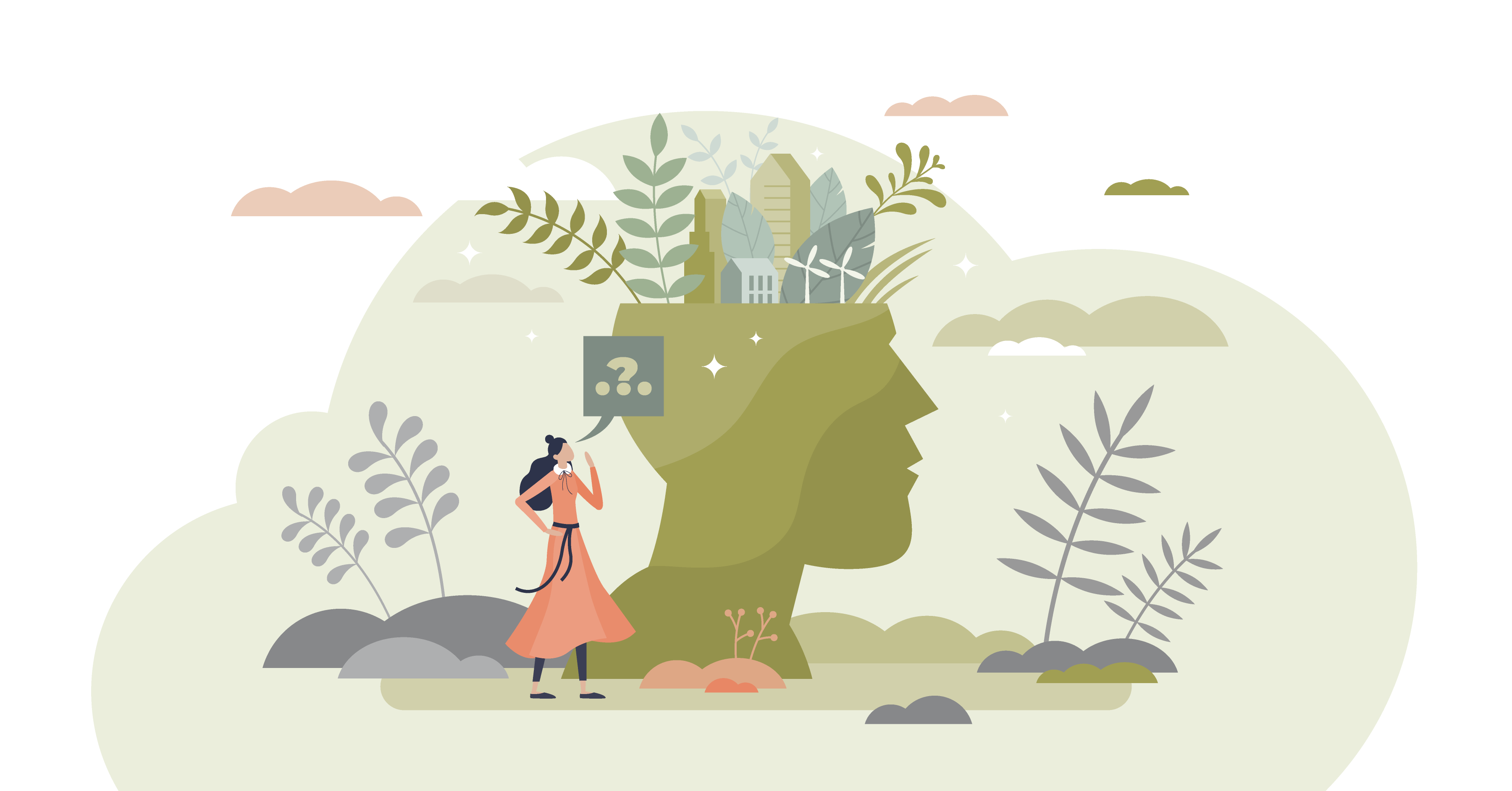

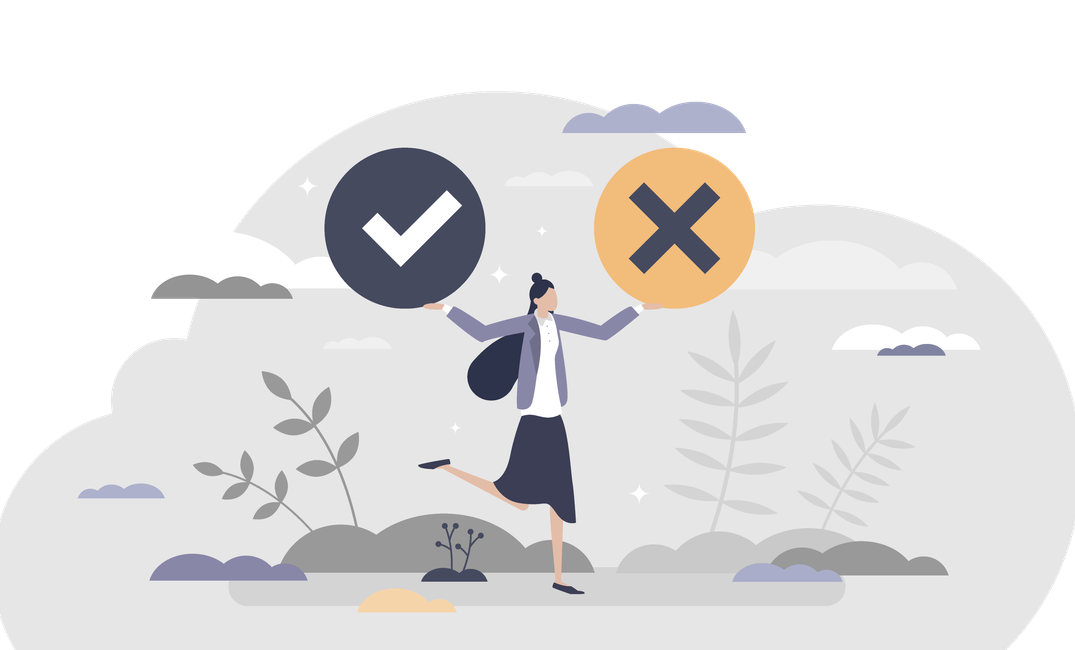




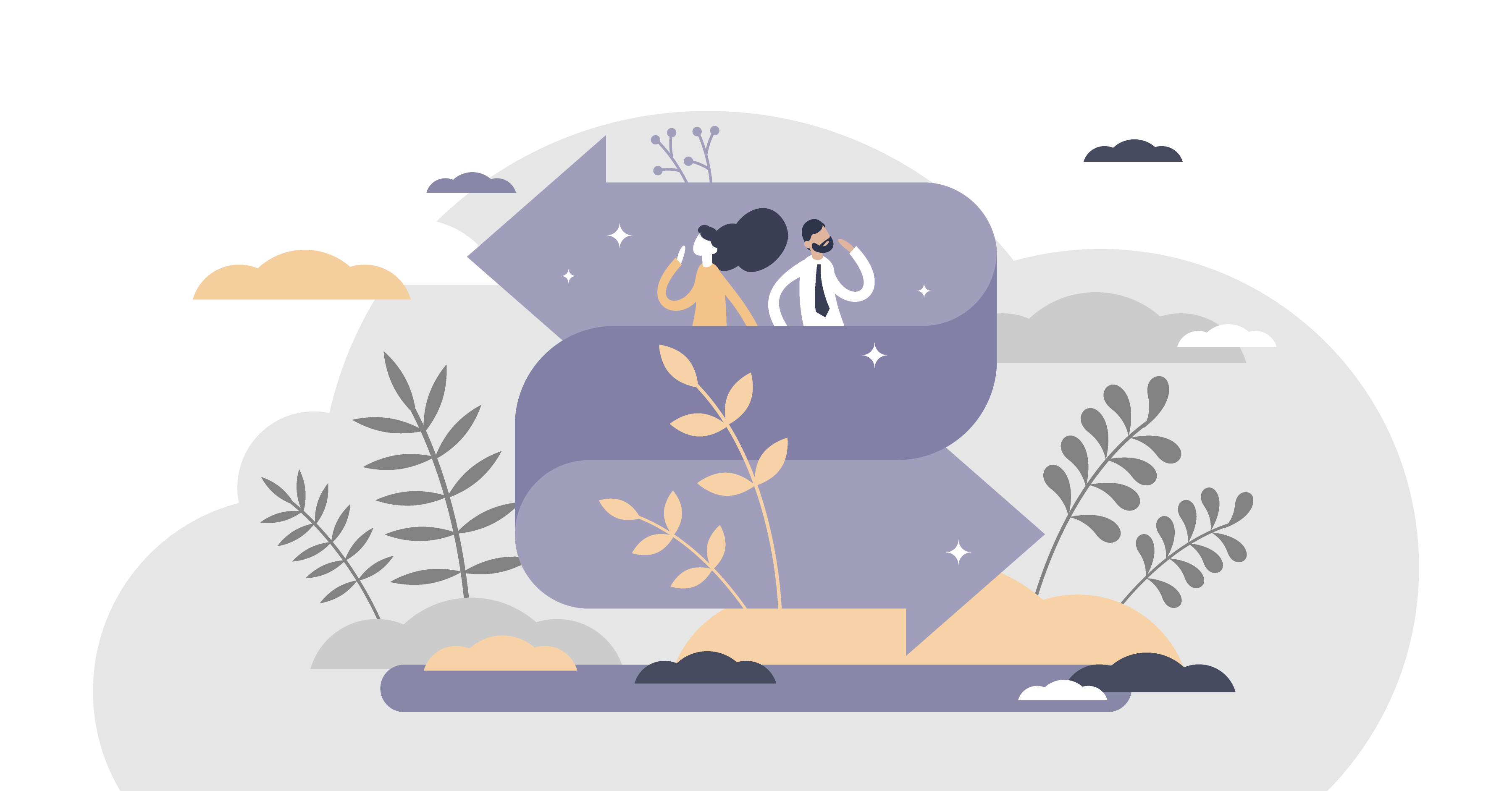

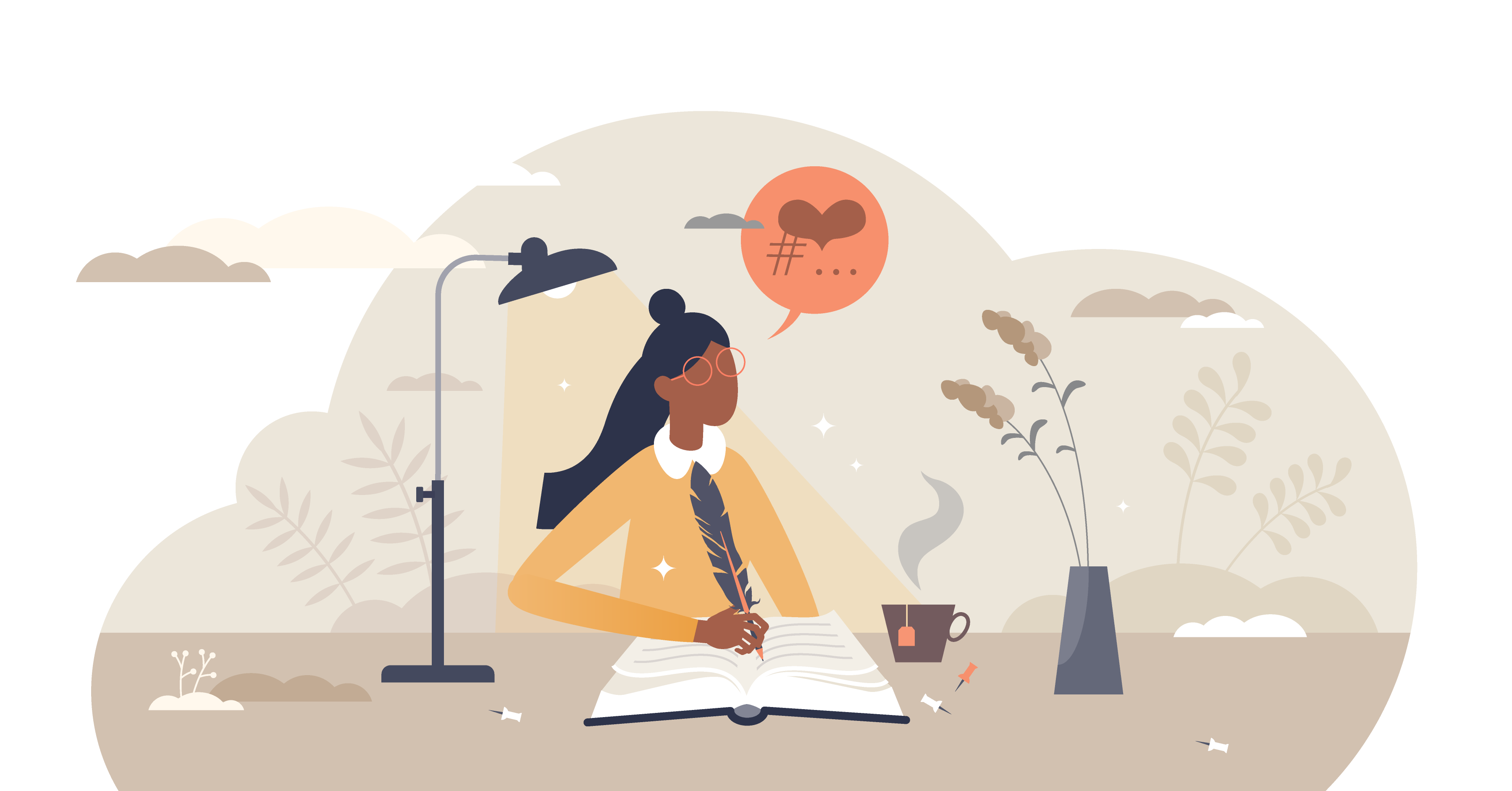
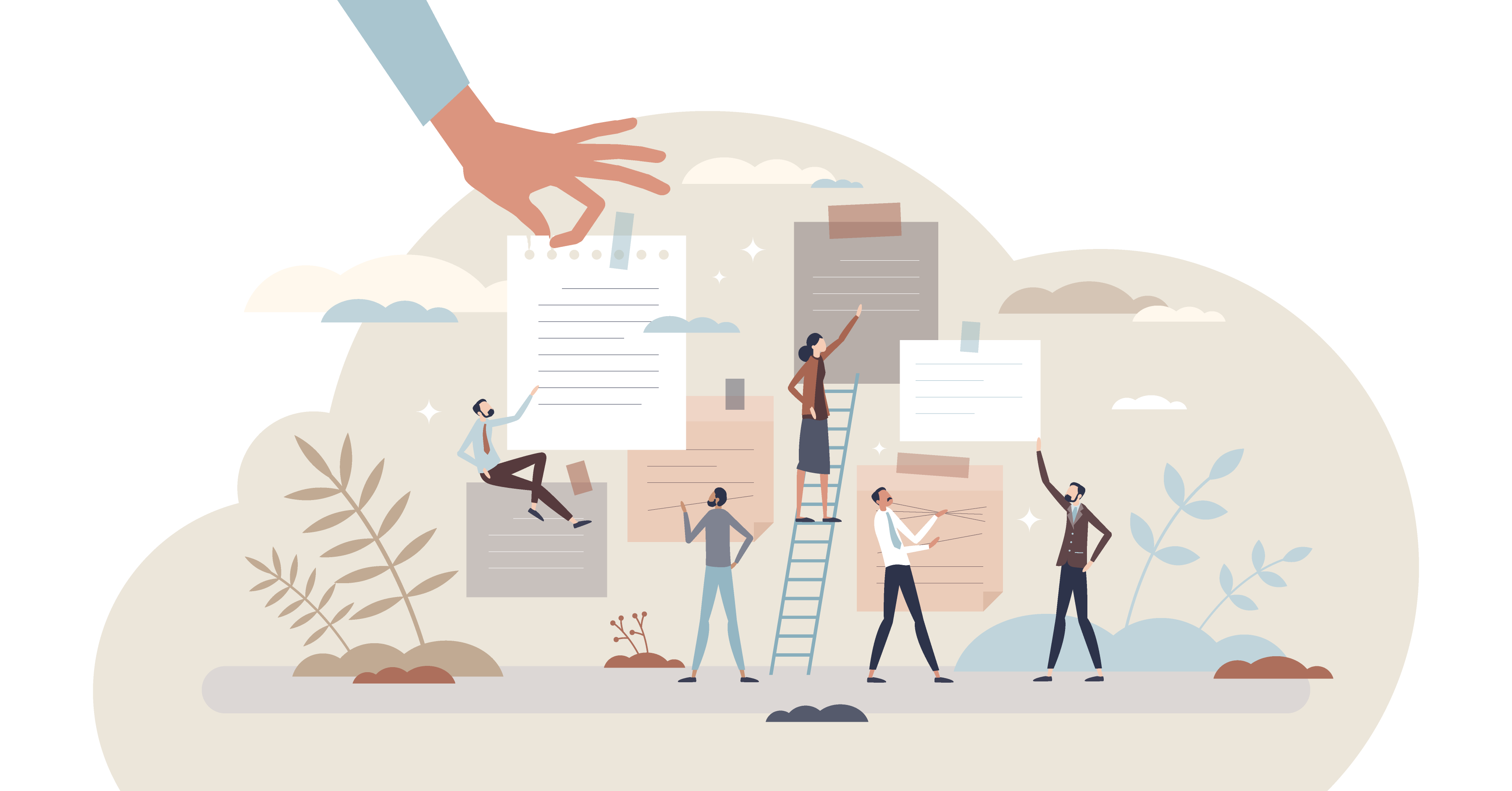
Comments